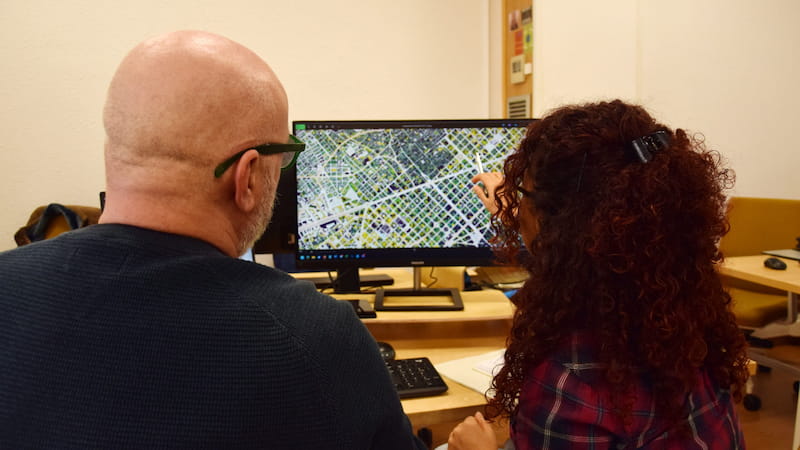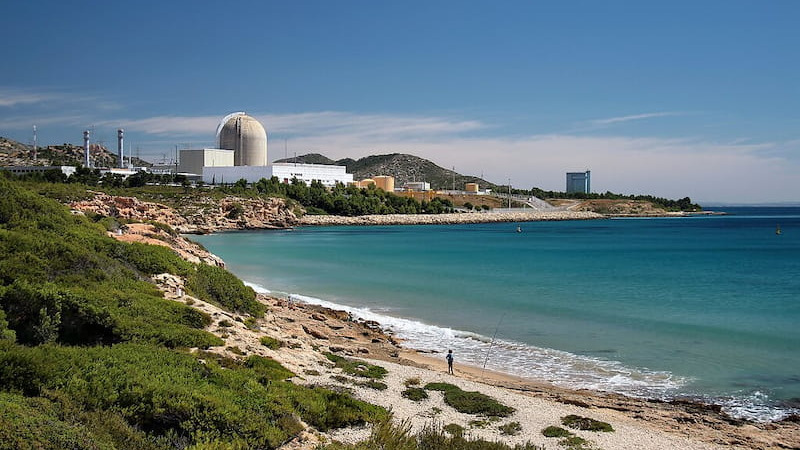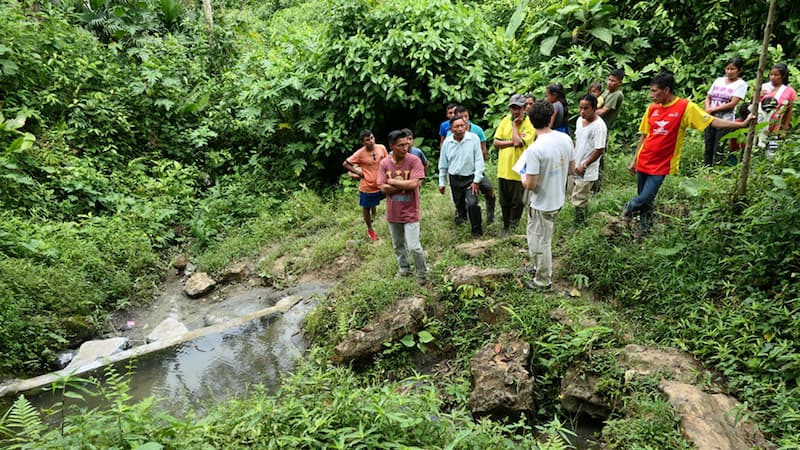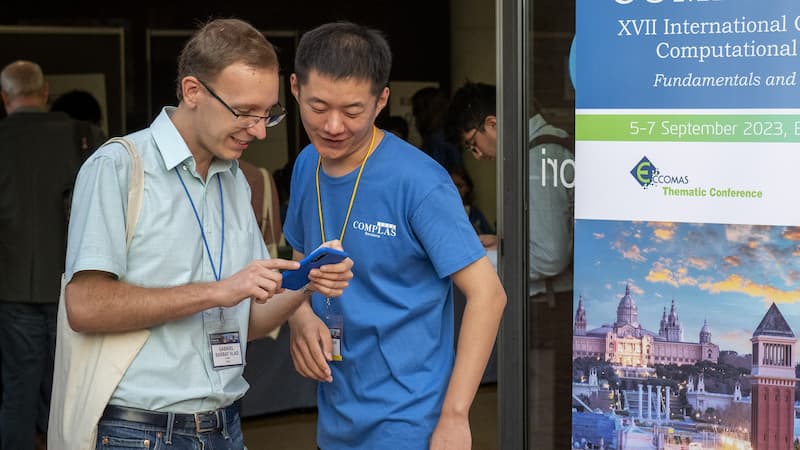Wednesday, March 16th, 2022. Time: 15h
Online – Session link: https://meet.google.com/ywr-jgsi-pzw
ABSTRACT
Challenge 0 of the πPlateS project assesses the probable losses due to seismic and flood risks initially in the Pla de Barcelona and certain areas of the coast, as representative cases of the territory's resilience in the face of certain conditions natural hazards.
However, this Challenge's scope will necessarily be greater as the work progresses. It is, in fact, a predictive tool for assessing the effects of various natural disasters. We are talking about disruptive shocks that suddenly manifest themselves as the force of nature and have a high potential for impact on anthropogenic structures. It can be an earthquake, a storm associated with floods, or a heatwave. In any case, the Challenge is to find and develop instruments, methodologies, and models that improve the predictive capacity of the management and planning of the territory towards these possible events.
This Challenge is divided into two sub-challenges that are currently being worked on:
- R0.1 Probabilistic assessment of seismic risk
- R0.2 Probabilistic and episodic flood risk assessment.
SPEAKERS CV
Liliana Carreño Civil Engineer (1999) and M.Sc. in Structural Engineering (2001) by the University of Los Andes, Bogotá, Colombia. Doctor in Earthquake Engineering and Structural Dynamics (2006) by the Universitat Politècnica de Catalunya (UPC), Barcelona, Spain. She was linked during the year 2001 to the Colombian Association for Earthquake Engineering (AIS) as an engineer in charge of the development of field guidelines and of forms for post-earthquake damage evaluation. During her Doctorate studies (2001-2006), she was awarded with a grant by the ProVention Consortium in the frame of the programme “Applied Research Grants for Disaster Risk Reduction” to developed the project “Expert System for Post-Earthquake Building Damage Evaluation and Massive Risk Occupancy Decision-Making” (2003). The work was selected to be presented in the “Global Symposium for Hazard Risk Reduction” at the World Bank headquarters in Washington DC, in July 2004.
She worked from 2006 to 2008 in the Inter-American Development Bank (IDB) as a PhD Research Fellow in the field of the Disaster Risk Management. In 2008 She was awarded with the Beatriu de Pinós (Gencat – AGAUR), Spain (2008-2010) and she started to work as a researcher at CIMNE. She currently works in various research lines related to integrated disaster risk assessment and risk management. She is also Adjunct Professor (Profesor Asociado) at UPC from 2009. Her teaching activity is in the field of Structural Dynamics and Seismic Risk Evaluation in the official Master Program in Civil Engineering of the UPC.
Ernest Bladé i Castellet is Dr. in Civil Engineering by Universitat Politècnica de Catalunya (UPC). He is the Director of Flumen Research Institute (joint UPC-CIMNE institute) and associate professor in the Department of Civil and Environmental Engineering of UPC and the Civil Engineering School of Barcelona. His research activity is focused in the fields of river dynamics and hydrological engineering and in the numerical modelling of related phenomena. Since long ago he has participated and coordinated national and international research projects in the field of Flood Risk assessing and management, and is one of the developers of Iber software and coordinator of the Iberaula project.
Project funded by

<!–
Project funded by

–>






